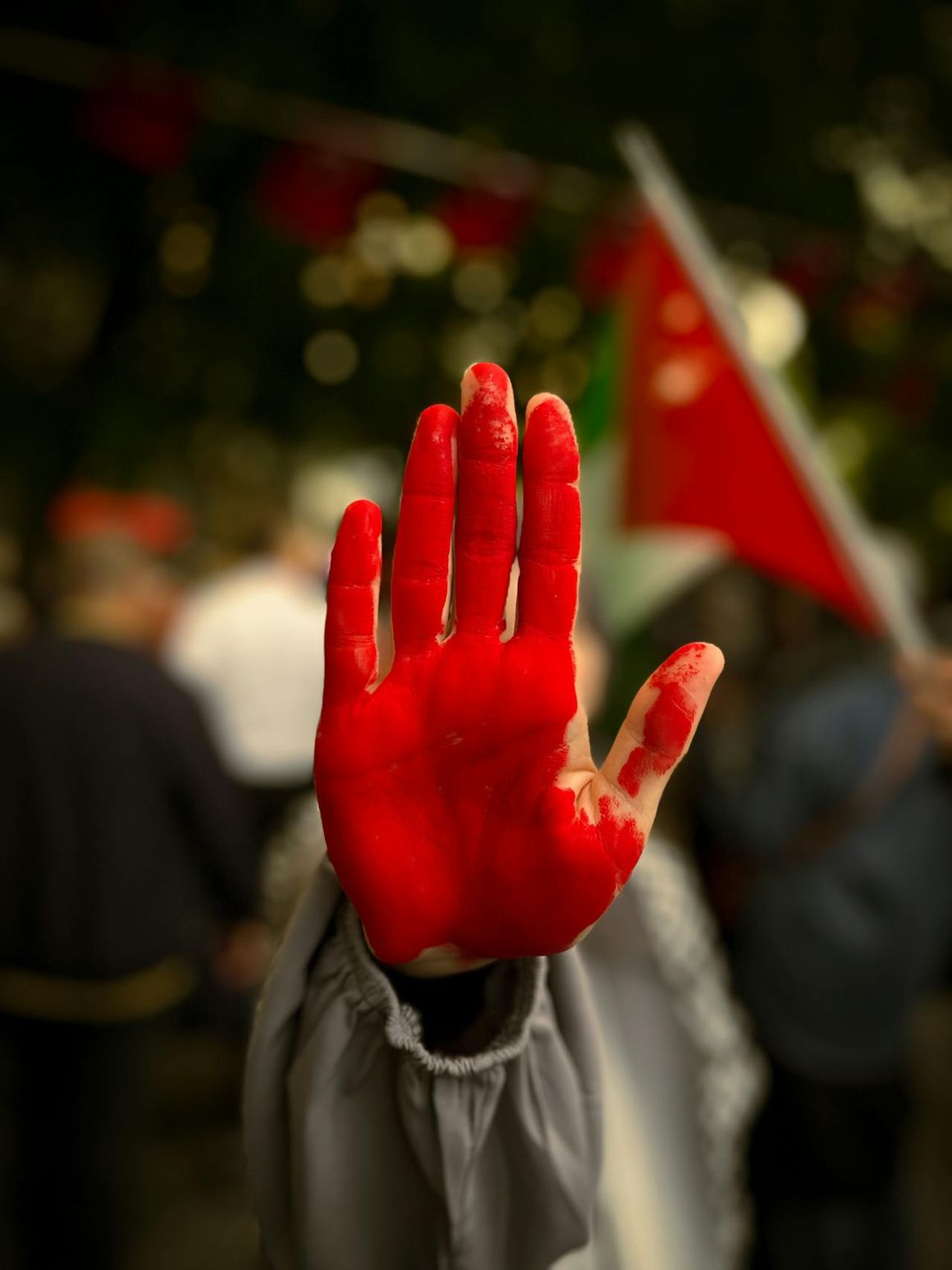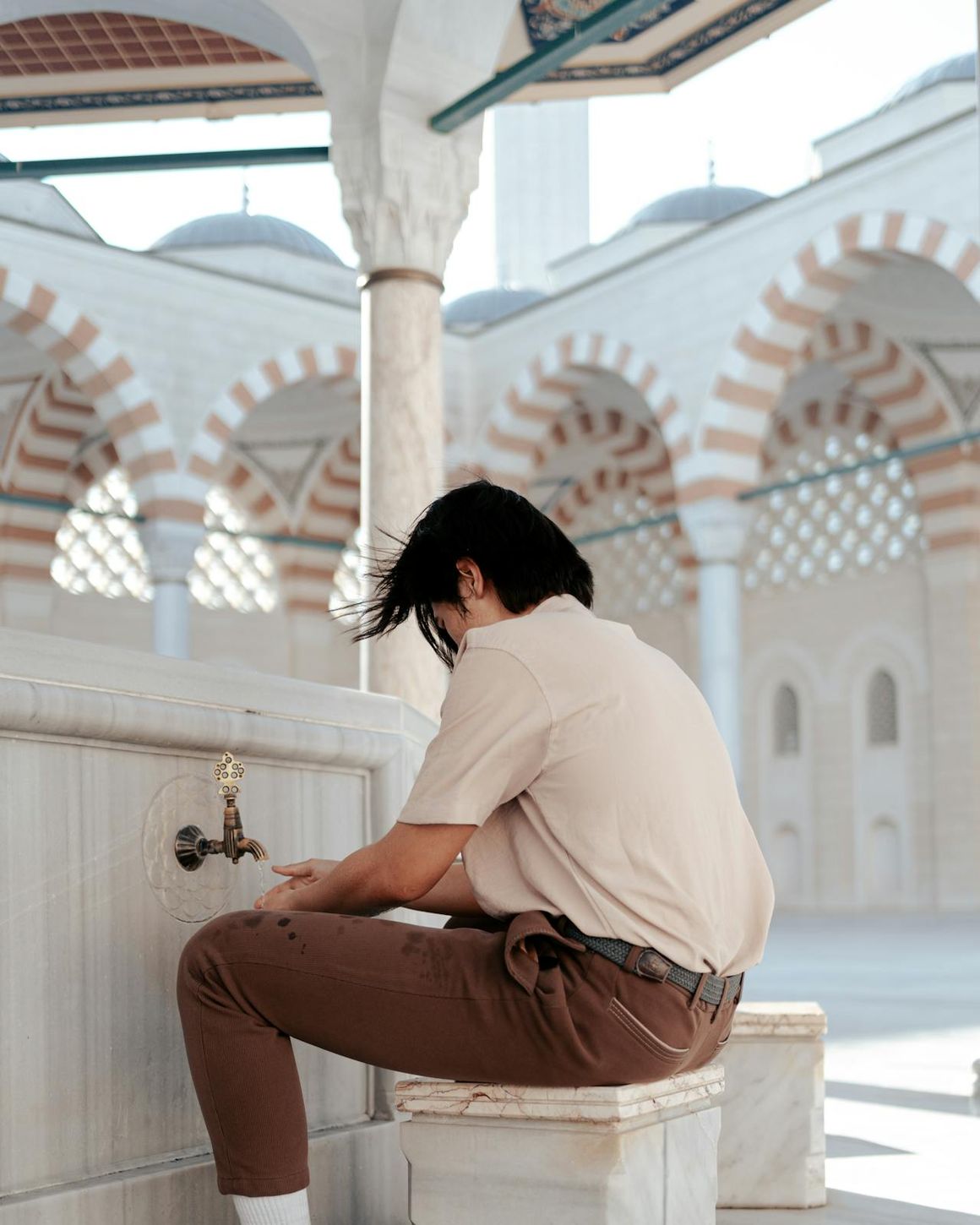Salah (prayer) is one of the five pillars of Islam, a foundational act of worship that connects us directly with Allah (SWT). It’s not just a ritual; it’s a conversation with our Creator, a source of guidance, and a means of attaining peace and tranquility. But what happens when we consistently neglect this vital obligation? This article aims to gently explore the seriousness of not praying, not to instill fear, but to encourage reflection and a return to this beautiful act of worship.
Why is Salah So Important?
Before discussing the consequences of neglecting prayer, it’s crucial to understand why it’s so important.
Direct Connection with Allah: Salah is a direct line of communication with our Creator. It’s a time to express gratitude, seek forgiveness, and ask for guidance.
Spiritual Nourishment: Just as our bodies need food, our souls need nourishment. Salah provides that spiritual sustenance, strengthening our faith and drawing us closer to Allah.
Protection from Sin: Consistent prayer acts as a shield against sin and temptation. It reminds us of our accountability to Allah and encourages us to live a righteous life.
Source of Peace and Tranquility: In a world filled with stress and anxiety, Salah offers a moment of peace and tranquility. It allows us to disconnect from the worries of this world and connect with the Divine.
The Seriousness of Neglecting Salah
While Allah (SWT) is the Most Merciful, consistently neglecting Salah is considered a serious matter in Islam. Here’s a look at the consequences, based on Quran and Sunnah:
Disbelief (Kufr): Many scholars consider the deliberate and consistent abandonment of Salah to be an act of disbelief (Kufr). This is a strong statement, but it highlights the gravity of the issue.
Loss of Divine Protection: Those who neglect Salah lose the divine protection and blessings that come with consistent prayer.
Increased Sin and Temptation: Without the spiritual shield of Salah, individuals become more vulnerable to sin and temptation.
Accountability on the Day of Judgment: On the Day of Judgment, individuals will be held accountable for their actions, including the neglect of Salah.
A Sign of a Weakened Heart: Consistent neglect of prayer can be a sign of a weakened heart and a disconnect from Allah.
Important Clarifications
Sincere Repentance: If someone has neglected Salah, sincere repentance (Tawbah) is always accepted by Allah. Returning to prayer with a genuine desire to change is the most important step.
Difficult Circumstances: There are legitimate reasons why someone might miss a prayer, such as illness, travel, or unavoidable circumstances. In these cases, Allah makes provisions and allows for making up missed prayers.
Focus on Encouragement, Not Judgment: This article is not meant to judge or condemn anyone. The goal is to encourage reflection and a return to this beautiful act of worship.
Returning to Salah: A Gentle Reminder
If you’ve been neglecting Salah, know that it’s never too late to return to it. Here are a few steps you can take:
Make Sincere Repentance: Ask Allah for forgiveness for neglecting this obligation.
Start Small: Begin by praying one or two prayers a day, then gradually increase it.
Seek Knowledge: Learn more about the importance of Salah and how to perform it correctly.
Find a Supportive Community: Surround yourself with people who encourage and support your faith.
Make Dua: Ask Allah to make it easy for you to consistently pray.
Salah is a gift from Allah, a means of connecting with Him and finding peace in this world. While neglecting it is a serious matter, Allah is the Most Merciful and always accepts sincere repentance. If you’ve been neglecting Salah, know that it’s never too late to return to it and experience the blessings that come with consistent prayer.
** Share this article with someone who might need a reminder of the importance of Salah.


